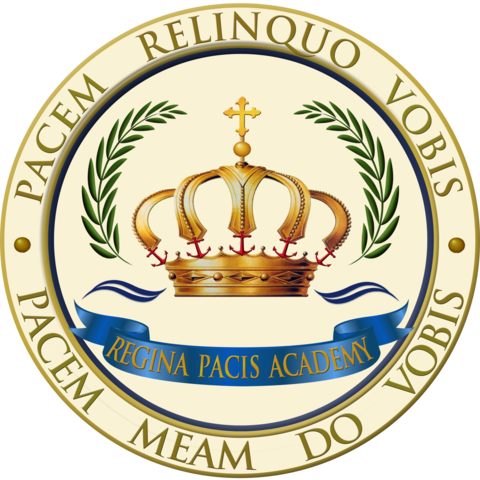Catholic schools continue to increase in popularity due to their outstanding curriculum and strong moral values. These schools offer several unique benefits parents don't find in public institutions. However, it's essential to know the differences before enrolling your child. These are some of the most common differences between the two programs.
1. Academic Expectations
When your student is a part of a private institution, they are often held to a higher standard than their public school counterparts. This might include advanced placement courses, but even regularly matriculated students are pushed to perform their best. In fact, according to Private School Review, the national average private school SAT score is approximately 1235, which is higher than the national average (across all schools), which is 1060. This is proof of the benefits of rigorous academic expectations.
2. Faith-Based Education
These programs offer a religious education as part of the standard Catholic curriculum. Students will often have theology as an ordinary course and connect with faith-based values during their regular lessons in Pre-Kindergarten through Grade 8. With a focus on learning how to apply Catholic values and virtues, your child will learn to use these in their personal and professional future. Ask your local school for more information on this matter.
3. Smaller Class Size
Private schools are well-known for providing smaller class sizes compared to public academic structures. Fewer students allow instructors to work one-on-one with children needing extra help in a particular subject. The small class size creates an environment that feels more like family, encouraging children to form strong friendships with classmates. Teachers are better able to pay attention to children, making it easier for them to spot struggles in earlier years.
4. Catholic Values
Many of these schools put a strong emphasis on specific values or morals that are from the Catholic faith. These academic structures are strict regarding codes of conduct and respect. Teachers may work with your child more on things like manners and making a positive impact on their community. With this, your child can retain the understanding of respect and kindness for the rest of their lives.
While every Catholic school is unique, many focus on small class sizes, a religious education, and similar values. Taking your child's education seriously means placing them in a learning environment where they can grow as members of the community. If you'd like to learn more about our exceptional program, curriculum, and admissions contact Regina Pacis Academy today.


